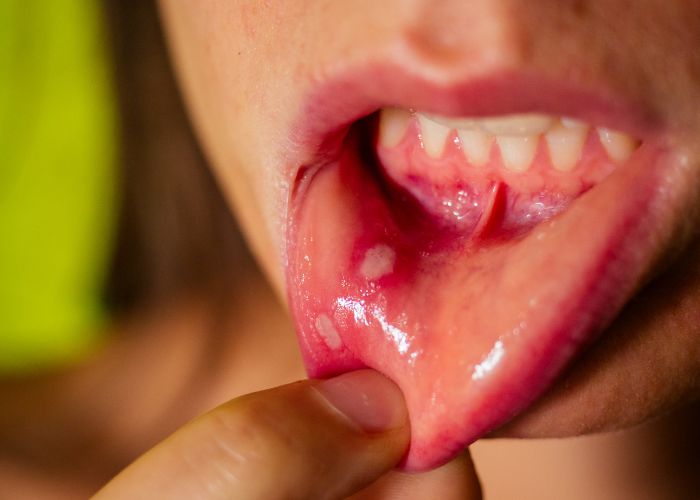Cold sores, also known as fever blisters, are caused by the herpes simplex virus and present as painful, fluid-filled blisters usually around the lips, mouth, or nose. These blisters are not only unsightly and uncomfortable but also highly contagious. Fortunately, there are several treatments that can reduce both the severity and duration of cold sore outbreaks.
1. Antiviral Medications
One of the most effective treatments for cold sores are prescription antiviral medications. These can help to reduce the virus’s ability to replicate, which may decrease the duration of a cold sore outbreak. Medications such as acyclovir (Zovirax), famciclovir (Famvir), and valacyclovir (Valtrex) are commonly prescribed for this purpose. These medications work best when taken at the first sign of an outbreak, typically indicated by a tingling sensation before the sore appears.
2. Over-the-Counter Creams
For those who prefer over-the-counter options, docosanol (Abreva) is an FDA-approved topical cream that can be effective if applied at the first signs of a cold sore. Docosanol helps block the virus from entering surrounding healthy cells, thereby reducing the spread and severity of the outbreak.
3. Home Remedies
Aside from medications, certain home remedies can provide relief and promote healing. Applying a cold compress to the affected area can reduce swelling and redness. Additionally, aloe vera gel, which has anti-inflammatory properties, can soothe the irritated skin and help in the healing process. However, it’s important to use pure aloe vera gel and ensure that you’re not allergic to it.
4. Essential Oils
Some essential oils have been found to have antiviral properties which might be beneficial in treating cold sores. Tea tree oil, for instance, can dry out cold sores when applied directly in a diluted form. Peppermint oil is another option that has been shown to inhibit the replication of herpes simplex virus in some studies. Remember to always dilute essential oils with a carrier oil and perform a patch test before applying them directly to the skin.
5. Protective Measures
Protecting the lips and skin is also a key strategy in managing cold sore outbreaks. Using a lip balm with SPF can help protect the lips from triggers like sunlight, which can prompt cold sores. Additionally, maintaining a healthy immune system through diet, exercise, and adequate sleep can help reduce the frequency of outbreaks.
6. Avoid Known Triggers
Many individuals find that certain triggers can prompt their cold sore outbreaks. Common cold-sore triggers include stress, illness, fatigue, exposure to intense sunlight, and even wind. Identifying and avoiding personal triggers can be an effective way to prevent cold sores.
Conclusion
While there’s no cure for the herpes simplex virus, the treatments and home remedies discussed can significantly manage and reduce the symptoms of cold sores. Whether through antiviral medications, protective creams, or natural remedies, understanding what works best for you can help you deal with outbreaks more effectively and with less discomfort. Always consult with a healthcare provider before starting any treatment to ensure it’s appropriate for your health condition.
Call us to make an appointment with a dentist who may be able to help you find out more about this topic, and improve your oral health.


